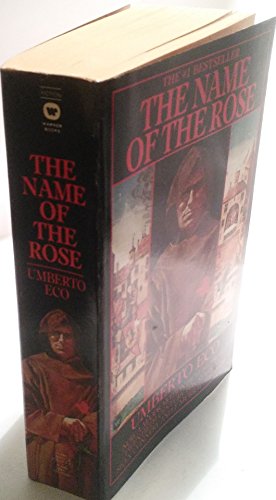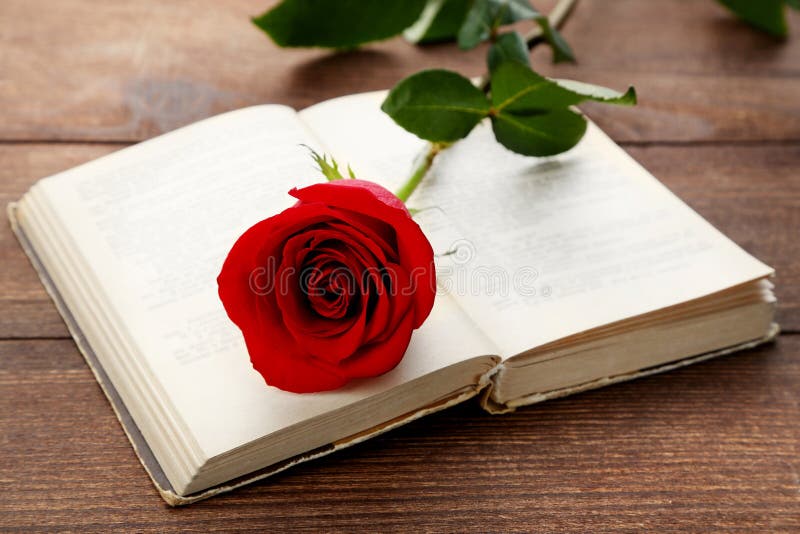

Lewis and Lloyd Alexander, nothing could compare to The Lord of the Rings. I immediately fell in love with Middle-earth and subsequently devoured The Lord of the Rings multiple times.

Tolkien during my sixth grade English class taught by my mother’s cousin-in-law, who was also an outstanding teacher. My first exposure to fantasy came with The Hobbit by J.R.R. Burgess, checking out well-worn copies from my local public library. As I grew older, I graduated to the Old Mother West Wind tales by Thornton W. I have such fond memories of reading as a young child, especially Eric Carle’s The Very Hungry Caterpillar and P.D. My love of reading began at a young age, encouraged by my parents, and especially by my mother, who worked as a kindergarten teacher for over 30 years and always knew the best children’s books. As part of “The Books That Made Me” series, this post is not meant to be a review of The Name of the Rose, but rather my own personal journey that led me to this book as an undergraduate student, and the profound impact it has had on me since.

Umberto Eco’s prose is elegant, erudite, and remarkably accessible given its high information density.įor me personally, reading The Name of the Rose was a transformational experience, reigniting my love of reading and opening new doors of literary discovery. But there are many layers to Eco’s masterpiece, including in-depth discussions of theology, semiotics, and the conflicting philosophies of rationalism versus dogmatism. Watson role as narrator/sidekick) investigate the suspicious death of a Benedictine monk. At its surface, the story is a Sir Arthur Conan Doyle-style murder mystery in which the English Franciscan friar, William of Baskerville (an obvious nod to Sherlock Holmes), and the novice Adso (in the Dr. The Name of the Rose is Umberto Eco’s bestselling 1980 debut novel set in a 14 th century Italian monastery.


 0 kommentar(er)
0 kommentar(er)
